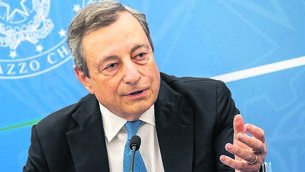ANALYSIS: Time for real action on Garda corruption
IT’S as if Donegal never happened, or that the Morris Tribunal ever reported. It’s as if the first instinct in dealing with Garda corruption or wrongdoing remains to sweep it under the carpet, where it used to be brushed away in the old days.
Yesterday, the Garda Síochána Ombudsman Commission (GSOC) published some details of its investigation into the relationship between drug dealer Kieran Boylan and individuals in the force. Boylan was arrested in Oct 2005 in possession of €1.7m worth of heroin and cocaine. He was out on bail at the time pending trial on an earlier major drugs bust, but the charges against him for the 2005 bust were dropped three years later. He claimed to have been working as a Garda informant at the time.
















